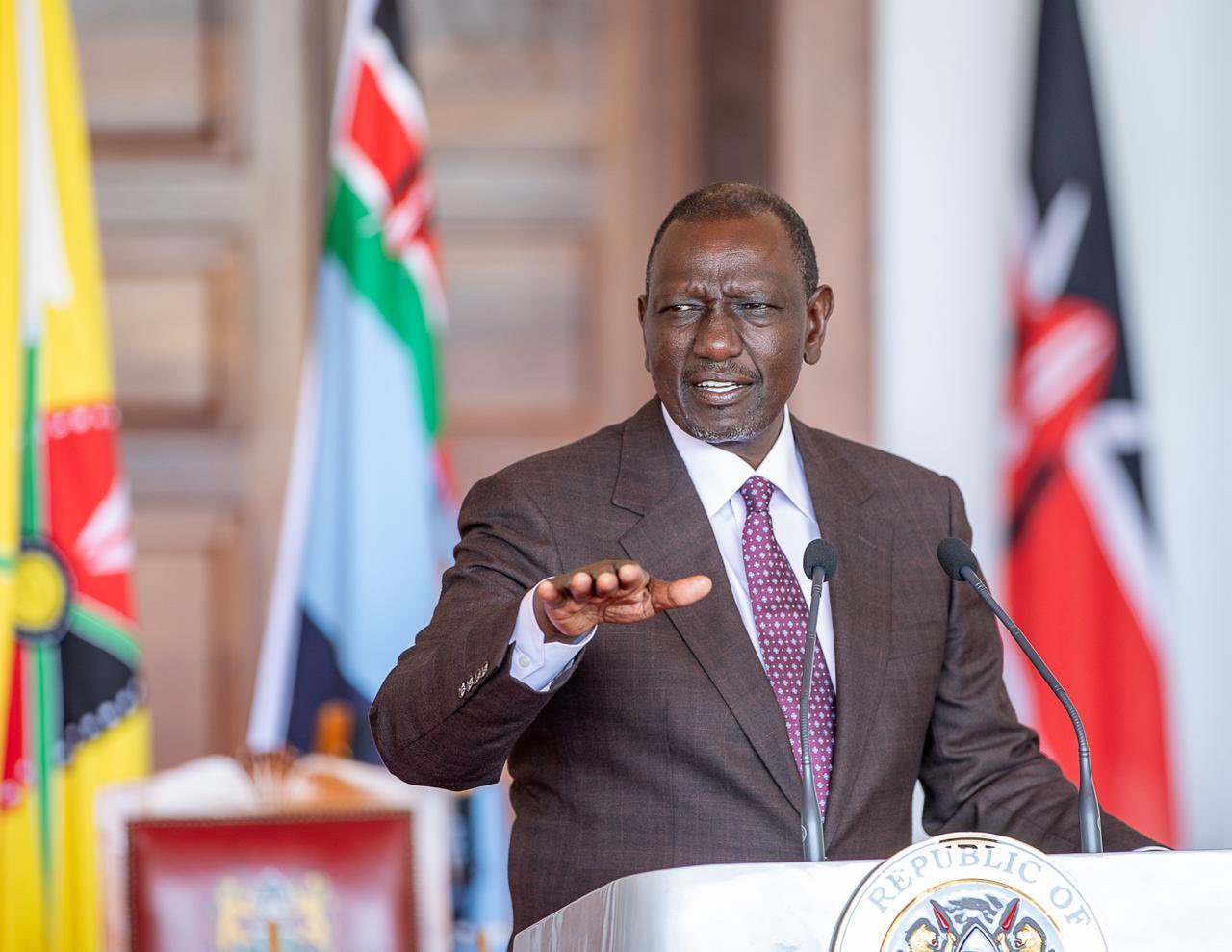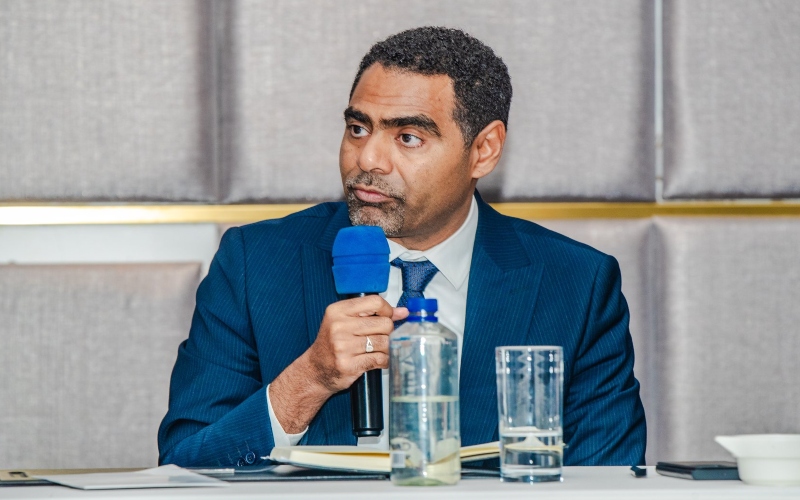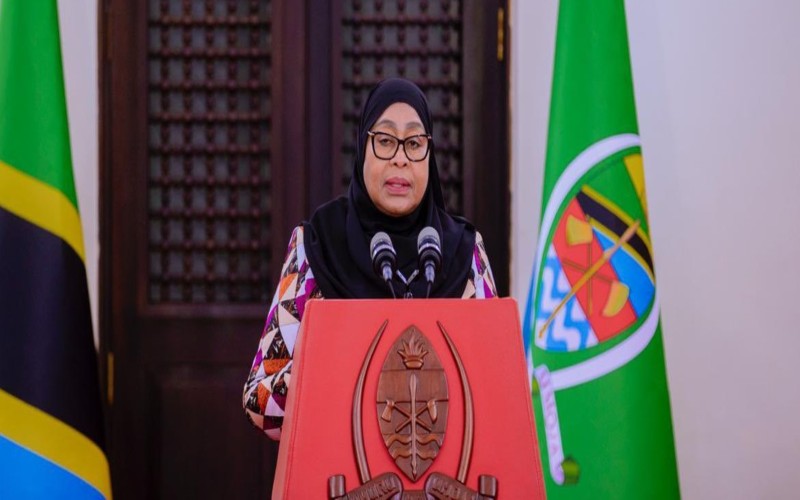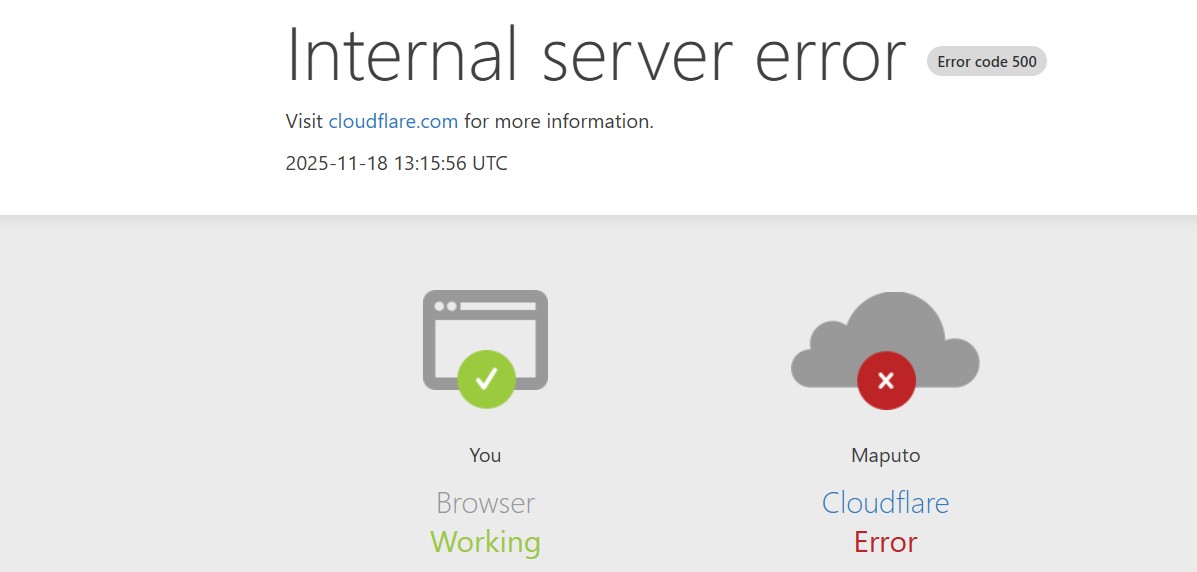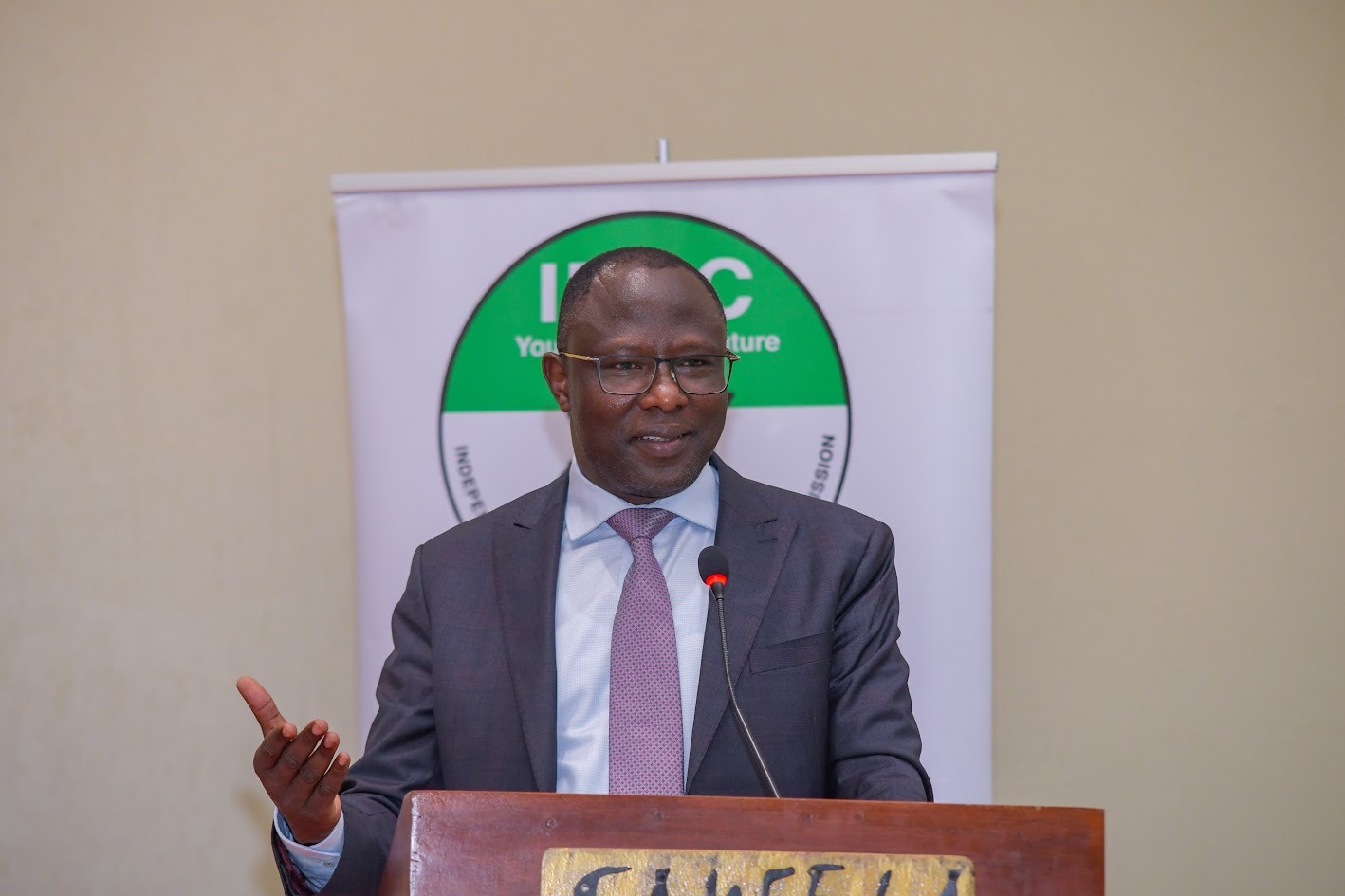Report warns of widening gap in Africa’s cyber resilience as attacks surge

The report found that most African countries ' legal and prosecutorial frameworks were inadequate, underscoring systemic gaps in national cyber resilience.
The gap between African states' cyber resilience and the increasingly sophisticated tools used by cybercriminals is widening ahead of 2026, as attackers adopt encryption, anonymisation software, among other advanced tools, a new report now shows.
The newly released Africa Organised Crime Index by Enact notes that while many African nations continue to make efforts towards addressing their vulnerabilities, most struggle with fragmented legislation, lack interoperability between systems and have limited access to digital evidence from foreign-based platforms, which hinders efforts to pursue perpetrators beyond national borders.
More To Read
- Suspected cyberattack renders multiple Kenyan Government websites inaccessible
- Interpol flags online advertisements offering costly crossings into Europe
- NCIC warns of criminal gangs using social media to recruit, mobilise
- Court denies IT expert Ndiang'ui Kinyagia’s plea for passport release amid cybersecurity probe
- Communications Authority of Kenya takes LSK to court over controversial cybercrime law
- AG Dorcas Oduor moves to lift court orders blocking cybercrimes law
"As a result, many investigations remain stalled or inconclusive, leaving the continent increasingly exposed to transnational cybercriminal networks," the report says.
Kenya, for instance, has been hit by several incidents targeting government websites and platforms, the latest occurring on Monday this week.
The Ministry of Interior attributed the attack to 'PCP@Kenya', terming it a violation of Kenyan laws and applicable international conventions, adding that the individuals, once found, will face the full force of the law.
Kenya, like several other states on the continent, is facing a growing internet connectivity that, despite its gains, has been accompanied by serious vulnerabilities.
The report found that most African countries ' legal and prosecutorial frameworks were inadequate, underscoring systemic gaps in national cyber resilience.
States, such as Burkina Faso, Gambia, Nigeria and Zambia have strengthened their cybercrime legal frameworks, aligning national efforts with international standards reflecting a growing political commitment to addressing cyber threats. The report, however, says that these laws are not without controversy.
"For example, broad and vaguely defined provisions in the recently enacted laws in Gambia and Zambia have raised concerns that, without adequate safeguards, such laws could be weaponised to restrict online expression and media freedoms. The challenge for policymakers is balancing digital security and civil rights," it says.
Several states have also increased their law enforcement capacity by establishing or expanding specialised cybercrime units and improving technical readiness.
For instance, Algeria has enhanced the operational scope of its Central Cybercrime Unit, Benin has established a National Cybercrime Centre, and Kenya has the National Computer and Cybercrimes Coordination Committee (NC4), which is chaired by the Principal Secretary for Internal Security and National Administration.
"Most African law enforcement agencies lack the necessary technical tools, such as advanced digital forensics laboratories, secure digital evidence storage systems and real-time network monitoring technologies, to conduct timely investigations, trace digital evidence and dismantle transnational networks," adds the report.
Enact estimates that cyber-dependent crimes will continue to grow in scale and complexity on the continent as internet penetration and digital services expand, and the continent integrates further into the global digital economy.
While this will create new opportunities, it will also raise the level of vulnerabilities.
"The growing involvement of transnational organised crime groups, particularly those with links to Asian cybercrime networks, signals a shift towards more globalised and networked threats. If left unaddressed, these threats could have a severe impact on services, financial systems and public trust," the report notes.
The other area of concern, as highlighted in the report, is the increased exploitation of cyberspace for money laundering and other illicit financial flows.
With their speed, cross-border connectivity, degree of anonymity and ability to conceal illicit profits and facilitate cross-border transfers, Enact says they have become appealing to criminal actors.
As such, criminal networks such as Black Axe in Nigeria, a highly structured network believed to be responsible for a large share of the world's cyber-enabled financial fraud, in addition to involvement in human and drug trafficking, have been linked to the use of cryptocurrencies.
In West Africa, the report says informal cyber schools that have emerged, particularly in Nigeria and Ghana, have become transnational hubs for cyber fraud, training recruits in strategy, manipulations and use of digital tools.
The schools are said to be targeting young unemployed people with the allure of flashy lifestyles.
Moreover, the continent struggles most with two leading online scams: phishing and romance scams, which have grown more sophisticated with the use of artificial intelligence (AI) and social engineering techniques.
"Phishing-based financial scams accounted for over 30 per cent of detected cyber-related incidents in 2025. In these scams, cybercriminals deceive victims into revealing sensitive information, such as banking credentials, that is used to gain unauthorised access, steal identities and commit financial fraud," the report adds.
It notes that the widespread availability of low-cost phishing kits and tools on illicit online marketplaces has fueled the growth of these operations.
At the same time, criminals are using AI to enhance realism, tailor messages to local languages and cultural contexts for effective phishing campaigns.
Scammers also purchase hacked Facebook or Twitter accounts and use them to create fake online personas through which they target comparatively wealthy individuals, primarily in the Global North.
They begin by forming emotional and romantic connections with victims. Once trust has been established, they proceed to manipulate and exploit their targets, both financially and emotionally.
These are common in West Africa, amongst Nigeria's 'Yahoo Boys', Ghana's 'Sakwa Boys' and Cote d'Ivoire's 'Broteurs'.
Top Stories Today

